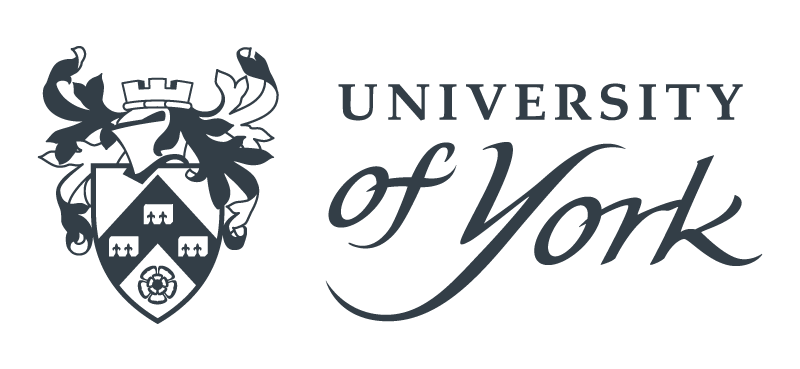Remote working employee guidance
Planning for your remote working discussion
You may wish to consider the following points prior to meeting your manager. This is not a comprehensive list and you may wish to discuss others at the meeting:
- How many days would you prefer to be on campus?
- What will you miss about being on campus when you work remotely?
- How will you ensure you meet the needs of your role when you're working remotely?
- How would you like to keep in touch with your manager and colleagues?
- Whether you have any specific individual needs you would like to be considered.
- How will you commute to and from work?
Maintaining a vibrant campus
It is important for us to balance personal needs and preferences with the need to maintain a collaborative and lively University community on campus. The Remote Working policy indicates, for all staff regardless of working hours, a minimum expectation of at least one day per week on average spent working on the University campus.
What can and cannot be done remotely
Within Departments and across Faculties, it is likely that management discussions will have taken place about the duties performed by team members and where they are best placed to be performed from and when. This will provide a broad framework that works for the department while at the same time supports equity and fairness in decision making.Examples of duties that can, in the main, be performed remotely include:
- administrative activity: responding to emails, arranging meetings, organising your daily/weekly schedule.
- work related reading and written work: reading through electronic handouts, rewriting information on Google Docs.
- desk based research: reading through relevant information on the internet to use for work purposes.
- one-to-one meetings between manager and staff: having calls via Zoom from home with your colleagues and manager.
Examples of duties that may be performed better, or can only be performed, whilst on campus include:
- manual and practical tasks
- lab-based research
- lab technical support: providing assistance when dealing with technical equipment, handling dangerous chemicals.
- collaborative and creative meetings: presenting a physical presentation
- hosting campus tours: leading people around the university, talking through each aspect as you walk around the campus.
- delivering or receiving some types of training.
These examples are designed to be guides and are not an exhaustive list.
Methods of communication
Effective communication is key to the success of working flexibly. Communications should be considered from everyone's perspective - yours, your team's, your manager's, and any students, stakeholders or other service users that you work with.
Departments will likely have already established formal and informal communication channels and there should be a good level of understanding and consistency in how to communicate with each other and how you can contribute to meetings and discussions.
What is expected from you in terms of how you can be contacted should be clear, for example using various technologies that allow real time contact to be made (Zoom Phone, Google Meet, Slack etc) and giving calendar access to colleagues. If you are unsure or require further clarity, talk to your manager about this.
Your manager may wish to discuss the frequency and methods of communication between you, as well as between you and your wider team and stakeholders. Discussion around how communication on a more social level could be maintained is also encouraged, recognising the positive impact this has on morale and team cohesion.
The feeling of being part of a wider, cohesive team and being well informed through effective communication is important from a health and wellbeing perspective. Individuals are encouraged to make suggestions as to how this can be realised and explore how any potential issues regarding communication can be addressed.
For further information, employees are advised to familiarise themselves with the remote team working guidance.
